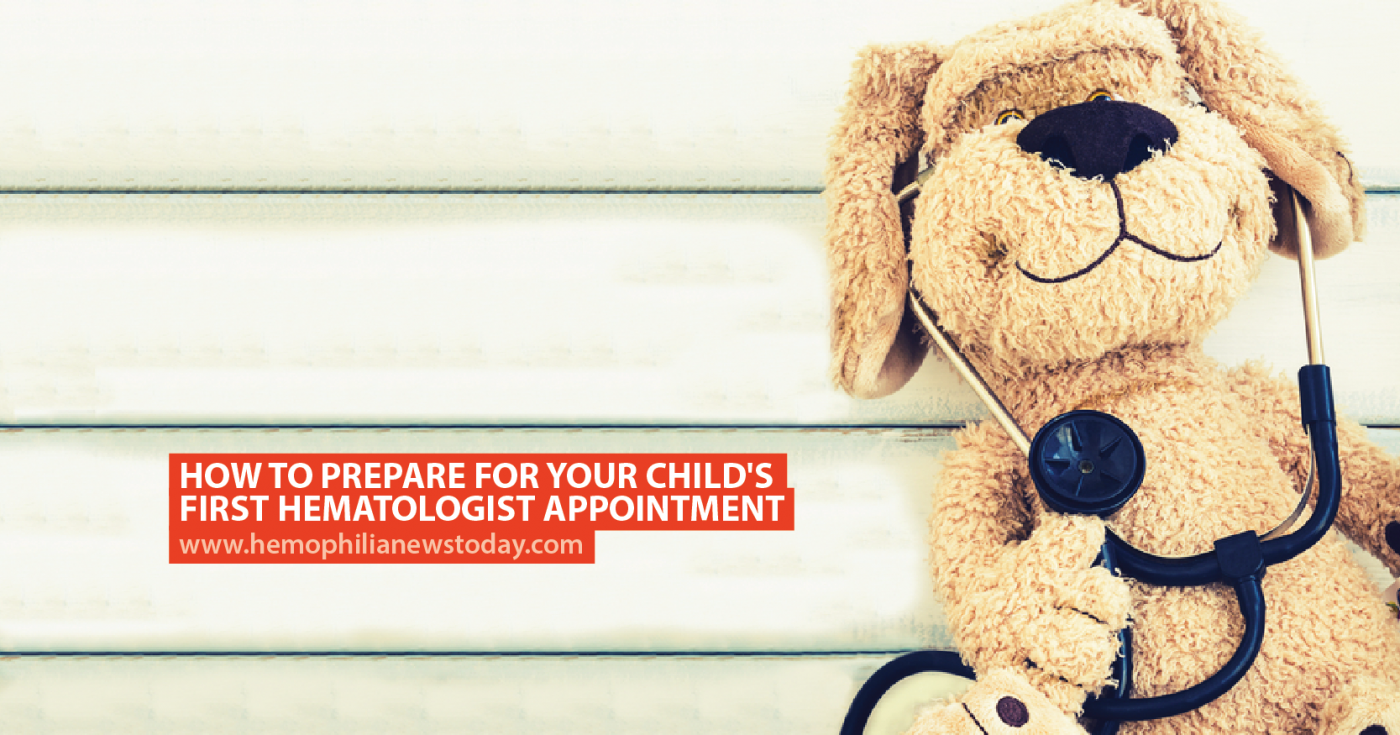How to Prepare for Your Child’s First Hematologist Appointment

Hemophilia in children is diagnosed at an average age of 9 months, and most children are diagnosed by their second birthday. If your pediatrician suspects your child has hemophilia, you may be concerned about their first appointment with the hematologist.
To ease your worries, we’ve put together some tips to help you through that first appointment with help from WebMD.
Be prepared
The hematologist will have lots of questions to ask about your child’s health and the family’s medical history. Collect all the relevant information ahead of your appointment.
- A list of symptoms your child is experiencing and when they started.
- Any other important medical information relating to your child, including any other health conditions.
- A list of all medications your child takes, including any supplements or vitamins.
- A list of any family members who have bleeding disorders or are carriers.
MORE: What causes hemophilia?
Questions you may be asked
The hematologist will ask you questions about your child’s symptoms, including:
- What are the symptoms? When did you notice them?
- Have there been any instances of prolonged bleeding (cuts, grazes, vaccinations, circumcision, etc.)?
- Does your child suffer from nosebleeds?
- Has your child passed any blood in their stools or urine?
- Has your child had any surgical procedures? If so, did the surgeon mention excessive bleeding?
- Does your child have heavy bruises?
- Does your child ever complain about heat or pain coming from their joints?
MORE: Understanding the basics of hemophilia
Questions to ask the hematologist
The appointment will be your chance to ask questions and gather information about hemophilia and how to treat your child moving forward. Some of the questions you may want to ask include:
- What is the likely cause of my child’s symptoms?
- Will my child need further tests? If so, which ones and do they require any preparation?
- What treatment will my child need?
- Are there any restrictions my child needs to follow?
- What can I do to keep my child safe?
- How can my child live as normal a life as possible?
- How will my child’s health be monitored long-term?
- What are the long-term complications of my child’s condition?
- Should we see a genetic counselor?
MORE: Five tips for living well with hemophilia
Hemophilia News Today is strictly a news and information website about the disease. It does not provide medical advice, diagnosis or treatment. This content is not intended to be a substitute for professional medical advice, diagnosis, or treatment. Always seek the advice of your physician or another qualified health provider with any questions you may have regarding a medical condition. Never disregard professional medical advice or delay in seeking it because of something you have read on this website.






